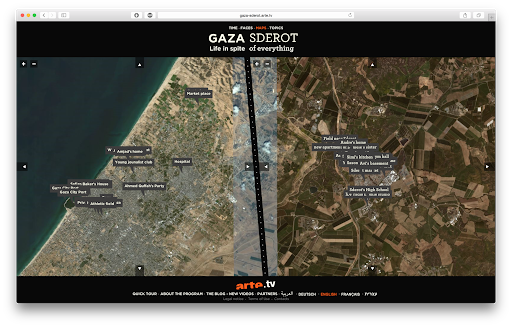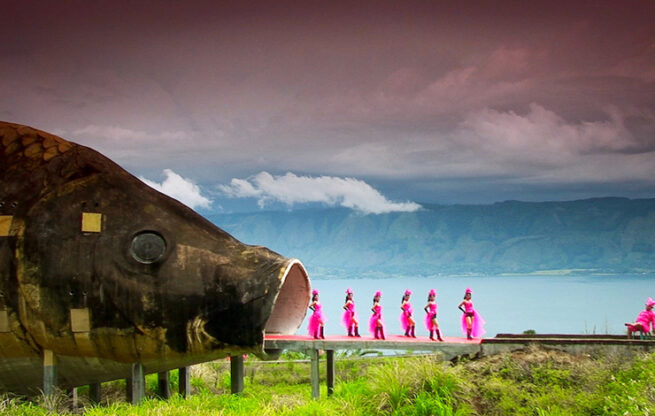Participants: Your People
It is helpful to consider whose stories, voices, or expertise have been included or excluded from your project. No project can cover every perspective but it’s helpful to think about how involvement took place. Were there moments when you invited new members to your project or when someone dropped out? Were there moments when your positioning within the project changed? From outsider to insider? From instigator to learner? Are there moments when a participant or contributor got more involved in the leadership of the project or when the leadership of the team shifted?
Reading
Aufderheide, Patricia, Peter Jaszi, and Mridu Chandra. “Honest Truths: Documentary Filmmakers on Ethical Challenges in Their Work.” Center for Media and Social Impact, September 2009.
Kirkness, Verna J. and Ray Barnhardt. “First Nations and Higher Education: The Four R’s – Respect, Relevance, Reciprocity, Responsibility.” Knowledge Across Cultures: A Contribution to Dialogue Among Civilizations, 2001. R. Hayoe and J. Pan. Hong Kong, Comparative Education Research Centre, The University of Hong Kong, Alaska Native Knowledge Network. http://www.ankn.uaf.edu/IEW/winhec/FourRs2ndEd.html
Behlil, Melis, Joshua Oppenheimer, and Robert Cashill. “The Act of Killing: An Interview with Joshua Oppenheimer.” Cinéaste 38, no. 3 (2013): 26-33.
Nickerson, Marcia. On-Screen Protocols & Pathways: A Media Production Guide to Working with First Nations, Metis and Inuit Communities, Cultures, Concepts and Stories. Commissioned by imagineNATIVE, 2019.


